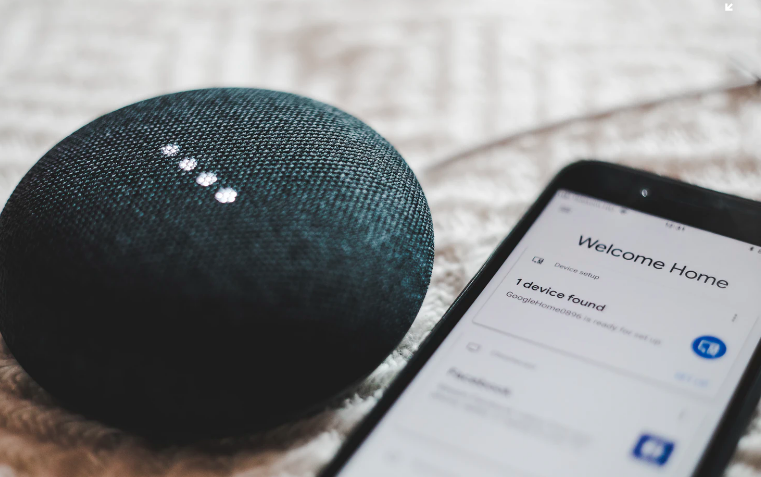BOSTON, TORONTO, LONDON, NEW DELHI, BEIJING, TAIPEI and SEOUL, April 21, 2020 /PRNewswire/ — According to Counterpoint’s latest Smart Home research, the global smart home market is projected to grow at a CAGR of 21% from 2019-2025. The strongest growth areas include white goods, smart lighting, and home automation segments as more household items become connected to a smart home ecosystem.

Sharing the research findings, Research Analyst Maurice Klaehne, noted, “The current smart home market is dominated by three categories, smart TV, security cameras, and smart speakers. Each of these markets has different drivers which have made them successful. Smart TVs have seen great adoption in North America and China as streaming media options such as Netflix or iQiyi have grown in popularity over the years. Connected TVs are also challenging conventional cable viewing habits and making people ‘cut the cord’, and, COVID-19 pandemic will further accelerate this trend.
“For security cameras, price reductions in connected cameras have enabled more people to purchase cameras for their home to offer additional layers of security and peace of mind. Lastly, smart speakers have been one of the fastest-growing markets to date due to the low barrier to entry for consumers satisfying multiple use-cases from streaming music to personal voice assistant services such as Alexa, Google Assistant, AliGenie, Siri, and others. Connected white goods and smart lighting systems will be the fastest-growing segments and see strong adoption to drive convenience, help manage energy consumption and assist in product maintenance and care.”

Commenting on the key drivers, Senior Analyst Hanish Bhatia, added, “Wi-Fi is expected to be the major driver to enable smart capabilities and will contribute to three-fourths of all connectivity types in smart home devices in 2025. More than six billion Wi-Fi capable smart home devices will be shipped globally between 2020-2025. China and North America will contribute close to half of all those shipments. Further, the increased speed and load capacity capabilities of the latest Wi-Fi 6 version will be key to keep dozens of content and performance-centric devices seamlessly connected in a smart home and thus feature in a majority of shipments by 2023.”
The comprehensive research on Smart Home is available at Counterpoint’s Research Portal





